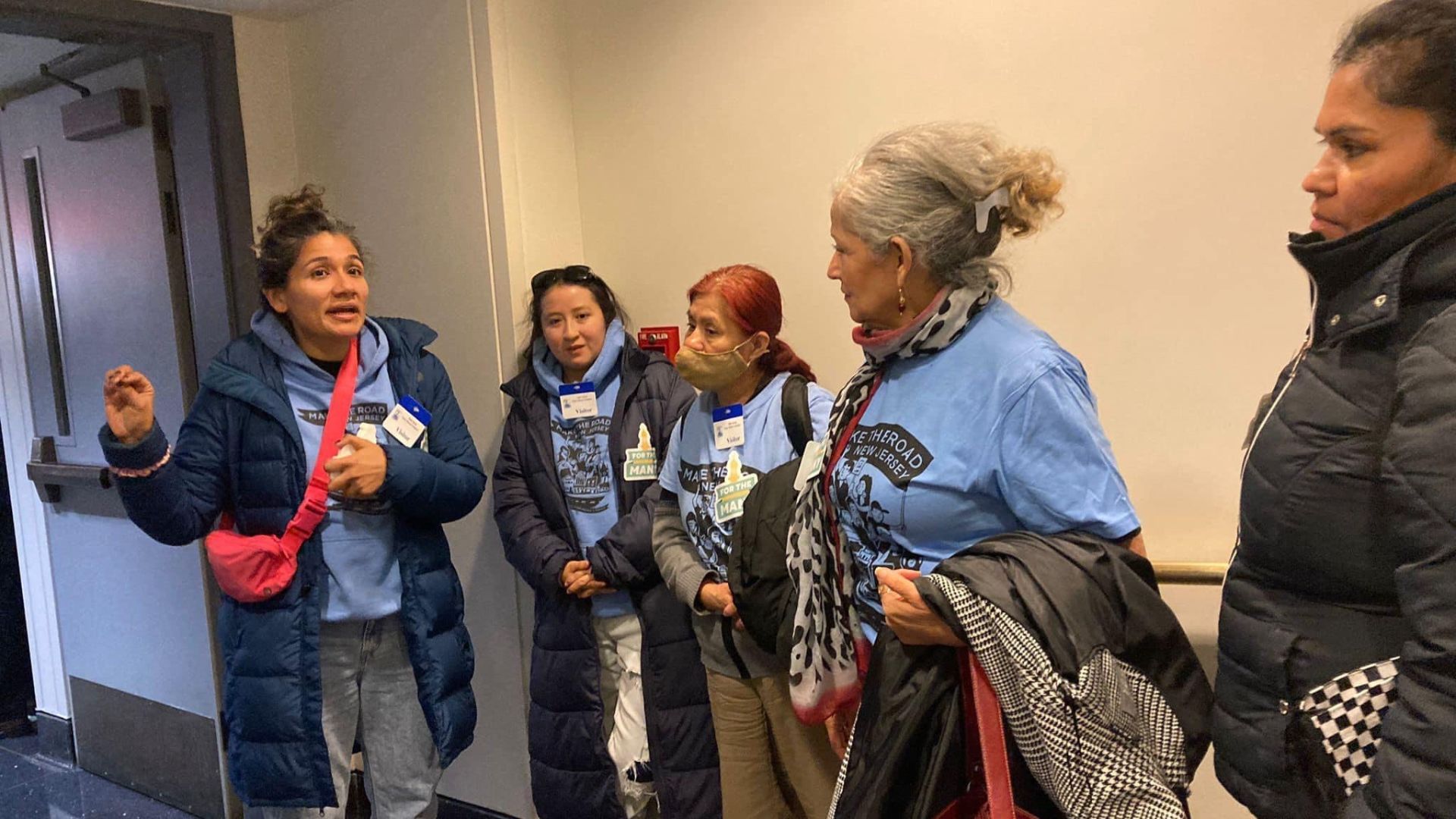Make the Road NJ
Among the difficulties faced by recent immigrants to the United States are the often-unaddressed challenges of dealing with personal trauma and mental health. Some individuals endured significant trauma in their countries of origin; during their journeys to America; or in their lives today. And for many recent Spanish-speaking immigrants, cultural stigma provides a further barrier to wellness by shaming open and honest discussion about treatment for mental health issues.

HFNJ provided Make the Road NJ a $100,000 grant in 2022 and a $100,000 grant in 2023 to take on the task of helping low-income, immigrant communities in New Jersey find ways to improve the mental health of their members.
Support groups have proven to be a key tactic to successfully reaching the community. Make the Road NJ’s social worker holds support groups for 8-week spans, each tailored to a different segment of the population (including young people, recent arrivals, and women). 6 groups were held in the first year of the project, attracting 60 total participants, with another 4 groups happening in the beginning of the second year. The vast majority of those participating reported that the groups were the first time in their lives they had received any mental health services, and that they felt more secure and in control of their lives after participating in the groups.
The powerful sense of community fostered by the groups leads to ongoing relationships. While each group participant receives a culturally sensitive mental health referral packet for continued care, many are apprehensive as the eight-week sessions draw to a close – aware that they may face months-long wait lists for available Spanish-speaking mental health therapists who may be able to continue their treatment.
To strengthen the program, Make the Road has forged partnerships in the community – reaching out to potential therapy providers, and building relationships with organizations including the Newark and Elizabeth public school system, Ironbound Community Corporation, Rutgers Newark, and other community groups. The end goal is to build a community in which receiving needed mental health support is accessible, free of stigma, and culturally congruent.
